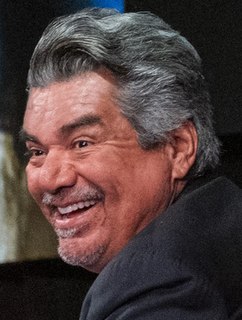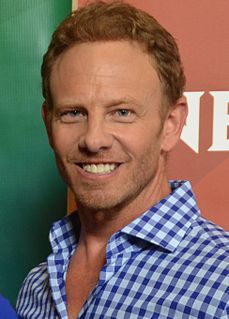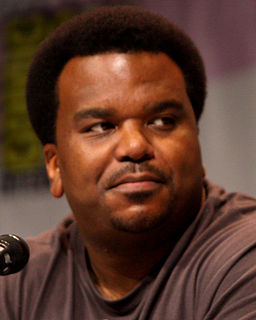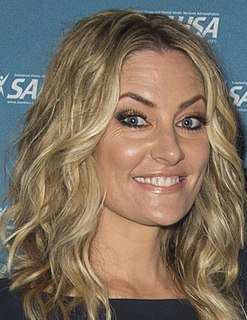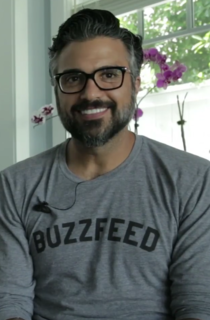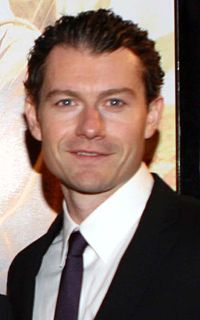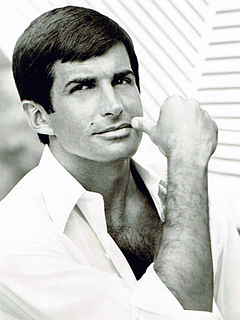A Quote by George Lopez
When I first heard about Beverly Hills Chihuahua, I thought, no. This, this is ridiculous. And then you read the script and you close the script and you go, "They aren't going to be able to do that with real dogs. How are they going to do that?" You're going to see the strings. But they did.
Related Quotes
When I read the script for '90210,' I thought, 'Boy, this is very superficial,' and it was. I mean, the pilot was all about the glitz and the glamour of Beverly Hills, the obnoxious kids, and the fish-out-of-water story of Brenda and Brandon Walsh. I couldn't discern from that first script that the show would become very issue-oriented.
I read the script for 'Somnia' when I was filming 'Oculus,' and I remember calling my manager going, 'I really need to do this movie,' and he's like, 'How about you finish this one first and then you see it?' I was like, 'I don't need to. I don't need to. You need to read this. I need to do this movie. The script is very good.'
The woman who wrote the movie [Ladies And Gentlemen, The Fabulous Stains], her name is Nancy Dowd. She's a wonderful writer. She wrote Coming Home. And when I read the script, at that time, I thought, "This movie is going to do for girls what Breaking Away did for boys." I thought it was going to be huge. It was a great script.
I had to audition for Fandango. When I read the script, the role that was interesting - so everyone thought - was the role that Costner played. He was the cool guy. And I read the script, and my representation at the time said, "That's the role you should read for." And I was like, "Really? How about I read for this other role." And they went, "Well, you're not going to get that role."
When you start out as an actor, you read a script thinking of it at its best. But that's not usually the case in general, and usually what you have to do is you have to read a script and think of it at its worst. You read it going, "OK, how bad could this be?" first and foremost. You cannot make a good film out of a bad script. You can make a bad film out of a good script, but you can't make a good film out of a bad script.
All directors make films in individual ways. But the classical kind of view of filmmaking is that you have a script, and it's very linear. There's a script, then you're going to shoot the script ,and then you cut that, and then that's the end of the film. And that's never really been how I've seen it.
I loved Rushmore. I loved the script. I mean, that is what drew me to it, just the actual piece of literature the script is. But I never thought in a million years that anyone would see it or respond to it. It was an absolute joy that it was so loved and continues to be. The same with The Sixth Sense. I thought, "No one's going to watch this. Bruce Willis hasn't got a gun. There's no shagging. Lovely story, sweet and profound about loss and death, but no one's going to watch this."
As we were negotiating, I didn't have a script. Once the deal is closed, they let you read the script. So, I got the script and was reading it like, "Oh, please be good!," because I'd already signed on the dotted line. And I read it and just went, "Okay, I'm going to be okay. Thank god!" It was a really funny, moving story.
There came [a script called] “Dracula Sucks.” Now, I liked “Dracula Sucks,” but we gotta change [the title]. They said, “If you like that, you’re going to like this: ‘Zorro the Gay Blade.’” I decided I was going to go out and raise the money and develop my own projects. And that’s what I did. I made “Love at First Bite” and I made “Zorro the Gay Blade.” [Script rewriter Hal Dresner] and I put together “Zorro” in about eight weeks.
